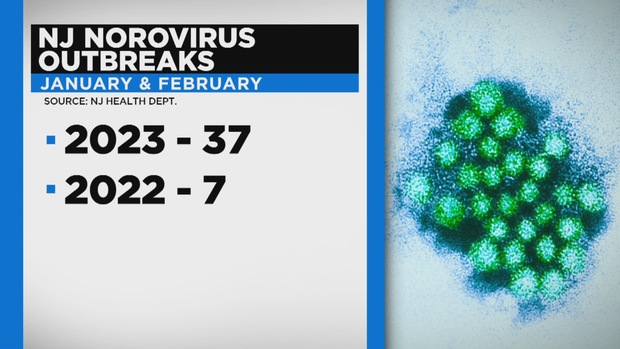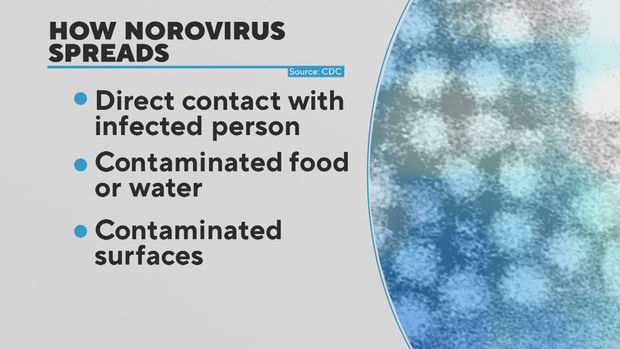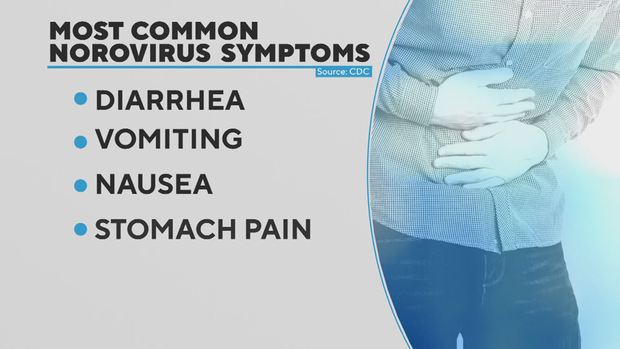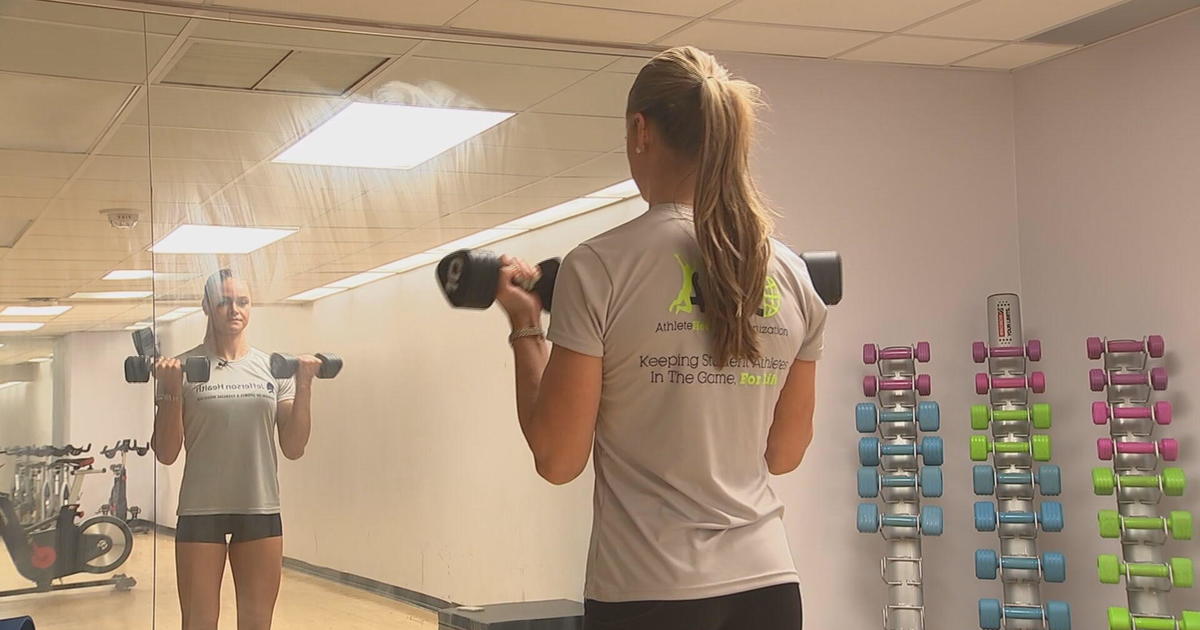How to protect yourself from the stomach flu
PHILADELPHIA (CBS) -- A new virus is on the move across the United States and it's spiked in New Jersey in the last two months. The CDC says norovirus, commonly called stomach flu, is at a 12-month high.
Doctors say this is a very contagious virus and it's spreading in several communities. It's estimated to infect about 20 million Americans every year causing nearly half a million emergency room visits, many of them young children.
"I just got really sick really bad nausea, really it just came out of nowhere," Sheila Humphreys said.
Humphreys who lives in Berlin, New Jersey, says norovirus the stomach bug ruined her winter vacation.
"It just wouldn't go away," Humphreys said. "It started in waves and then vomiting all day not to be TMI."
Nationwide there's been a 30% increase in norovirus outbreaks from last year.
In New Jersey, there's been a big spike in the first two months of the year with 37 outbreaks compared to seven from the same time last year.
"We're starting to see an uptick of norovirus in all seven EDs, particularly pediatric emergency departments," Dr. Denis Guest said.
Dr. Guest with Virtua Health says norovirus is highly contagious and easily spread from person to person.
"It's spread through fecal oral contamination," Guest said. "It's very common in health care facilities, restaurants, catering events, school, and child care centers, and on cruise ships.
Here's how norovirus spreads:
- Direct contact with an infected person
- Ingesting contaminated food or water
- Touching surfaces contaminated with the virus and then touching your mouth
Symptoms can include diarrhea, vomiting, nausea and stomach pain.
"I just couldn't be around anything I just was really in a ball in bed," Humphreys said. "It's scary you know."
The elderly and young children are most at-risk for the worst cases but doctors say prevention goes a long way and it's simple.
"Just wash your hands, if you don't feel well don't put yourself in the position where you're going to be around a lot of people," Humphreys said.
And Dr. Guest has one more piece of advice.
"They found the hand sanitizers do not work well with this norovirus," Guest said.
Doctors say an infected person can transmit the virus for days after they're feeling better, potentially even up to two weeks.
Because the virus can spread through food, the CDC says you should wash fruits and vegetables well and make sure to cook food thoroughly.







